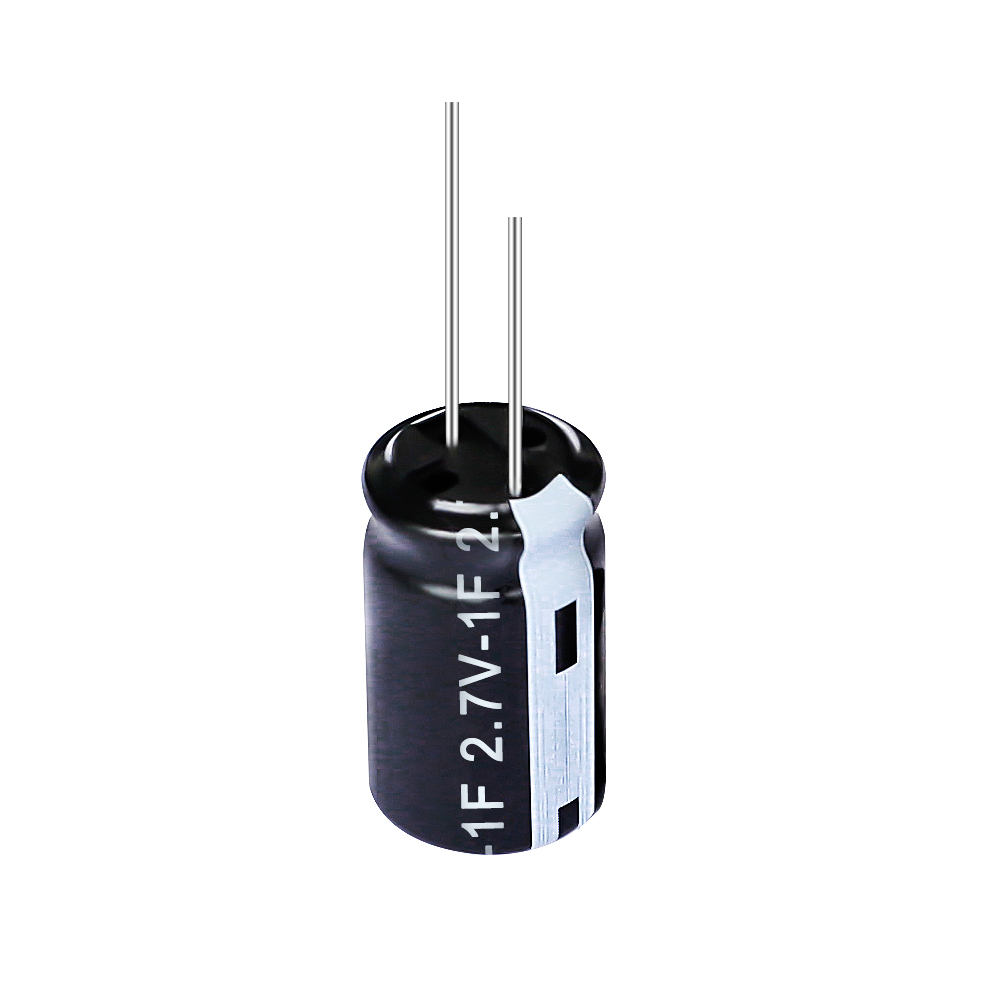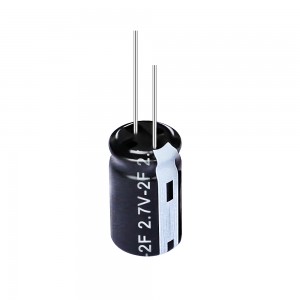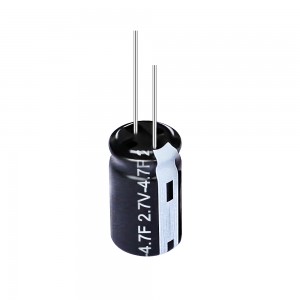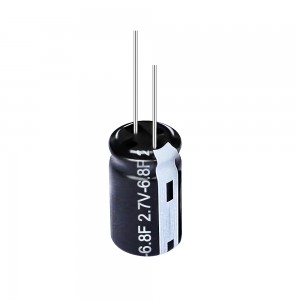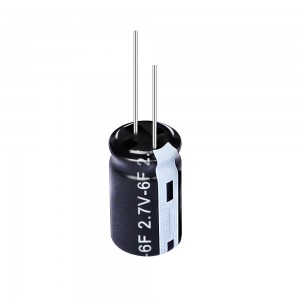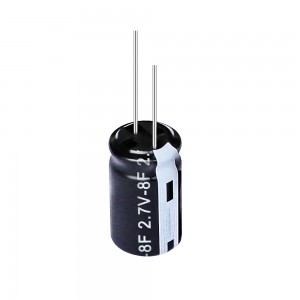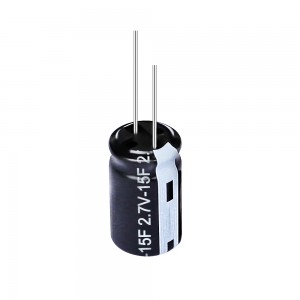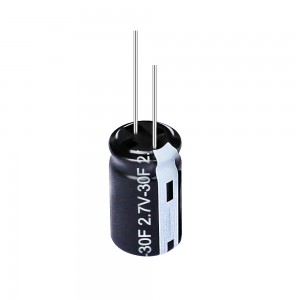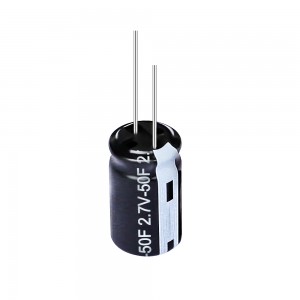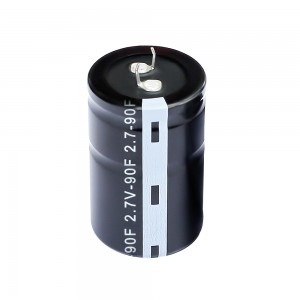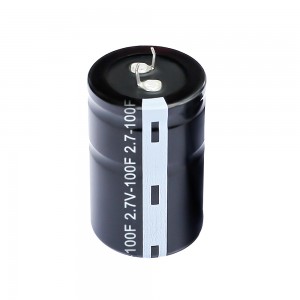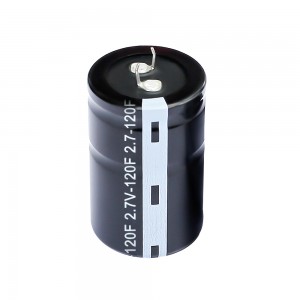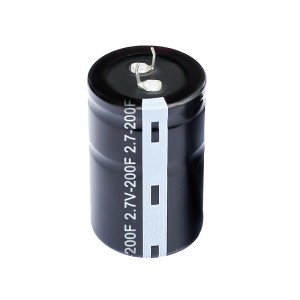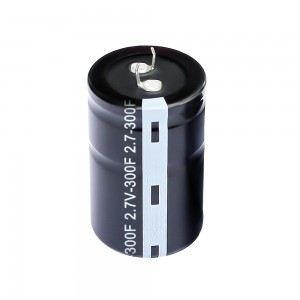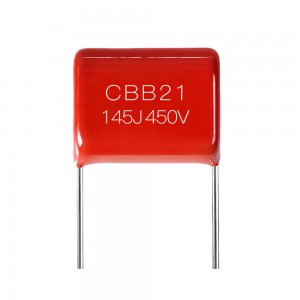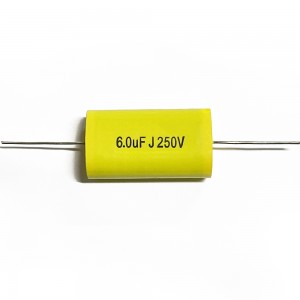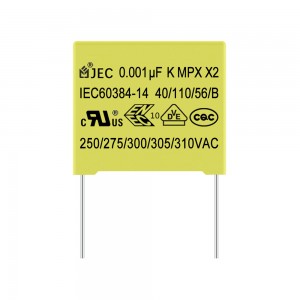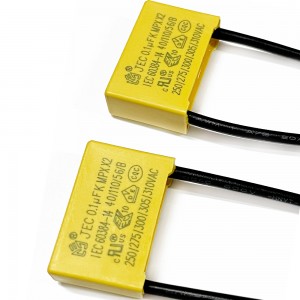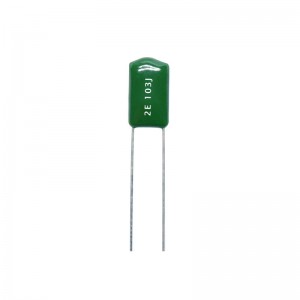Cylindrical Super Capacitor
| Type | Cylindrical Super Capacitor |
| Brand Name | OEM |
| Supplier Type | Original Manufacturer |
| Characteristics | high capacitance, low ESR, good consistency |
| Capacitance | 1-3000 Farad |
| Tolerance | -20%~+80% |
| Rated Voltage | 2.7V |
| Operating Temperature | -20℃~+85℃ |
| Package Type | Through Hole |
| Applications | RAM, Consumer Electronics, Wind Turbines, Smart Grids, Backup Power Supply, etc. |
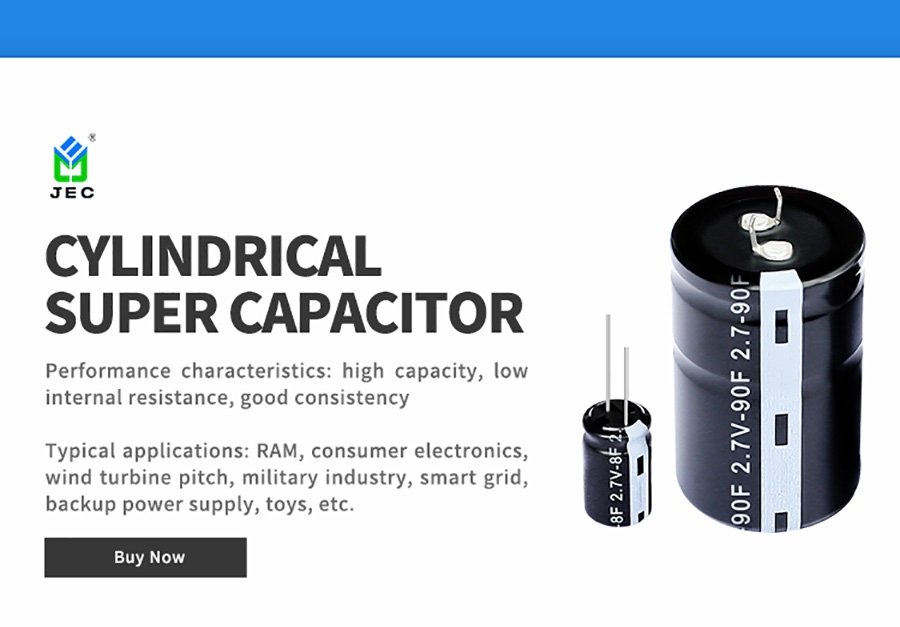
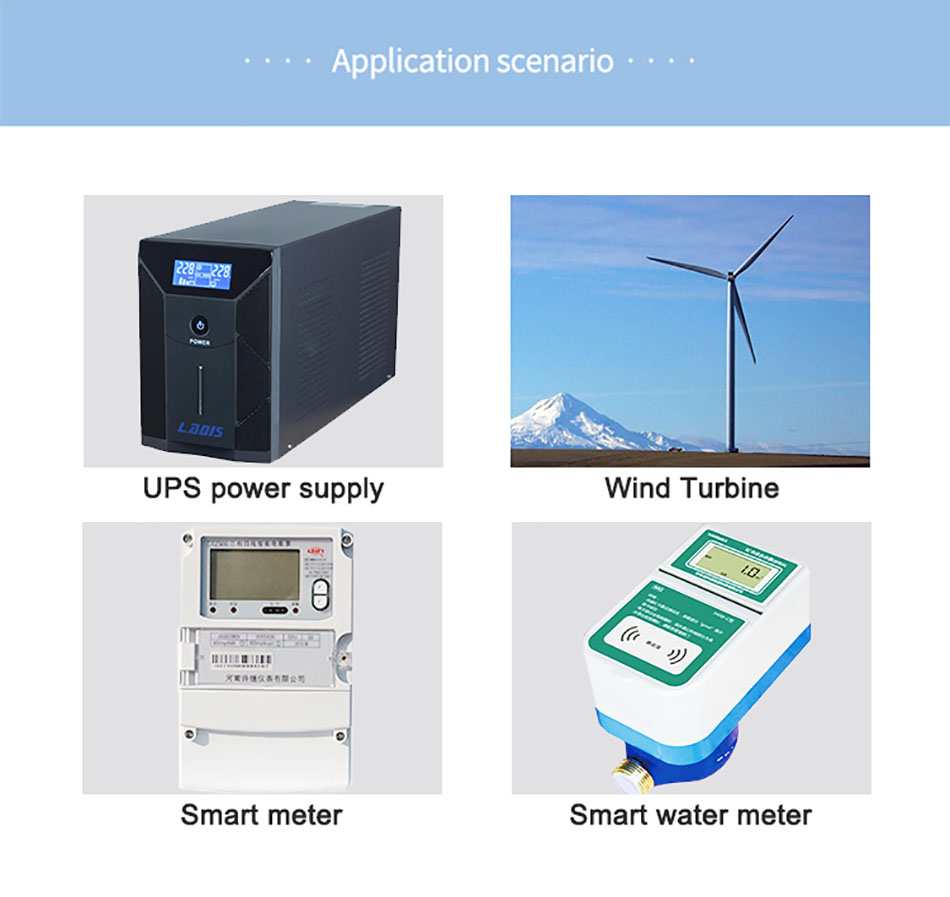
Application
Widely used in consumer electronics, Internet of Things, smart meters, electric toys, UPS, program-controlled switches, car recorders.
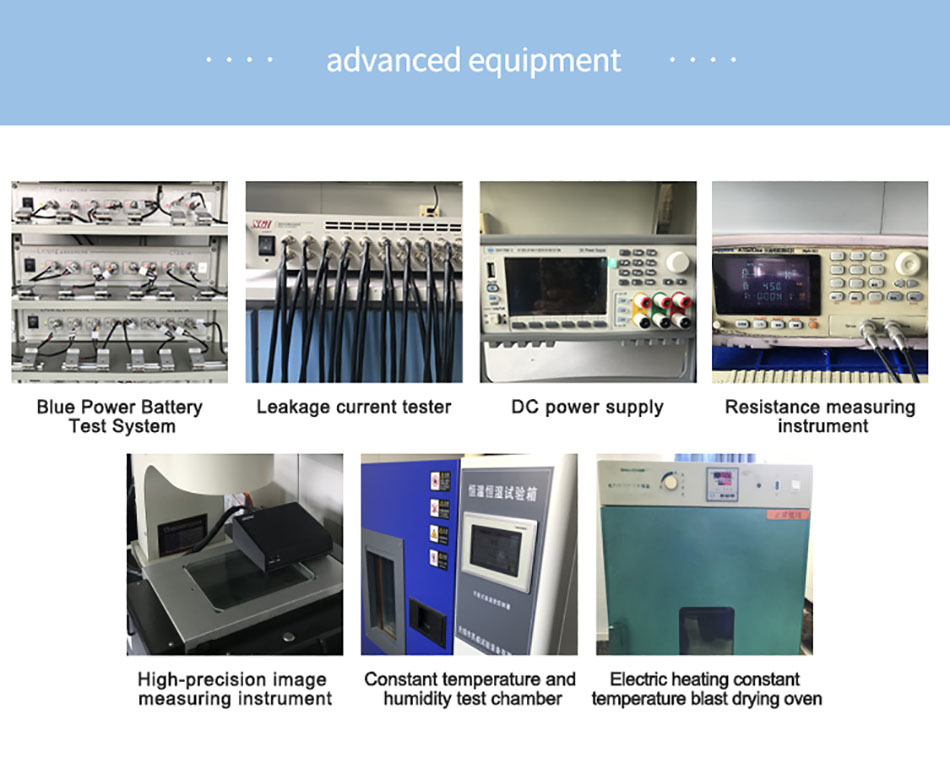
Advance Workshop
We not only possess a number of automated production machines and automated testing machines but also have our own laboratory to test the performance and reliability of our products.
Certifications

Certification
Our factories have passed ISO-9000 and ISO-14000 certification. Our safety capacitors (X2, Y1, Y2, etc.) and varistors have passed CQC, VDE, CUL, KC, ENEC and CB certifications. All our capacitors are eco-friendly and comply with the EU ROHS directive and REACH regulations.
About Us
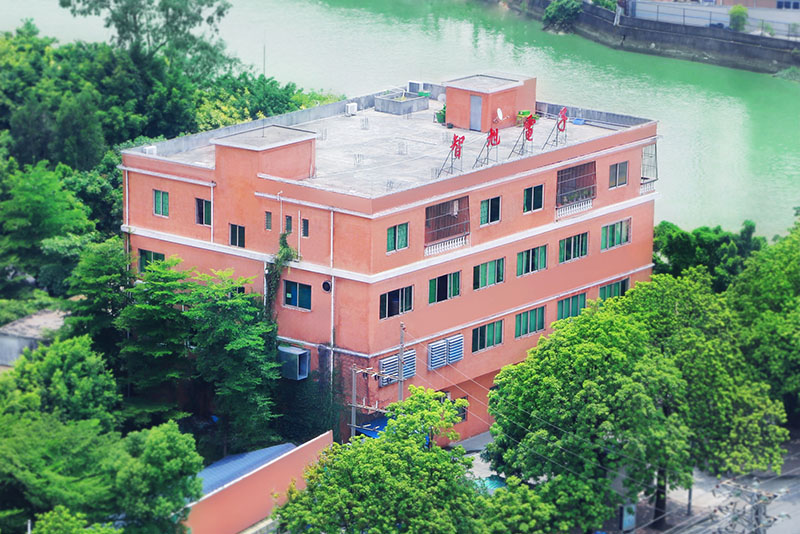
About JYH HSU (Dongguan Zhixu Electronic Co., Ltd.)
JYH HSU adheres to the management philosophy of "Quality First, Superior Customer Service, Sustainable Business Practices". All of our employers keeps improving our production technology, product quality and customer services under the guidance of the "full participation, pursuit of zero defects, ensuring product safety” policy. We focus on complete mechanical applications in the field of power supplies, home appliances, defense, communications, motor, frequency converter and vehicle electronics, endeavoring to pursue perfect cooperation with our customers by providing “one-stop service” of ceramic capacitors, film capacitors, and varistors.
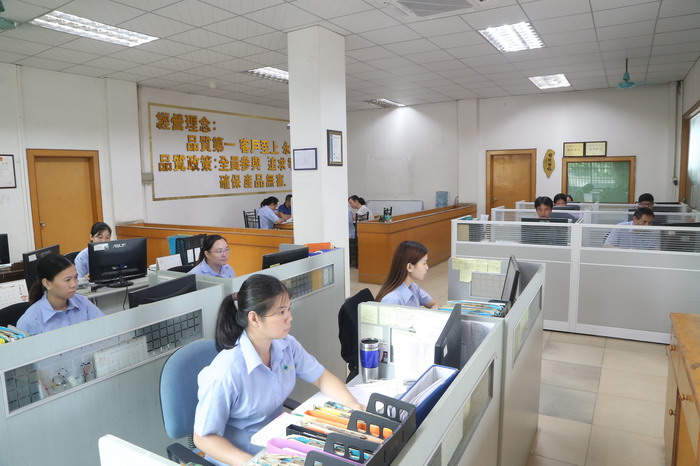
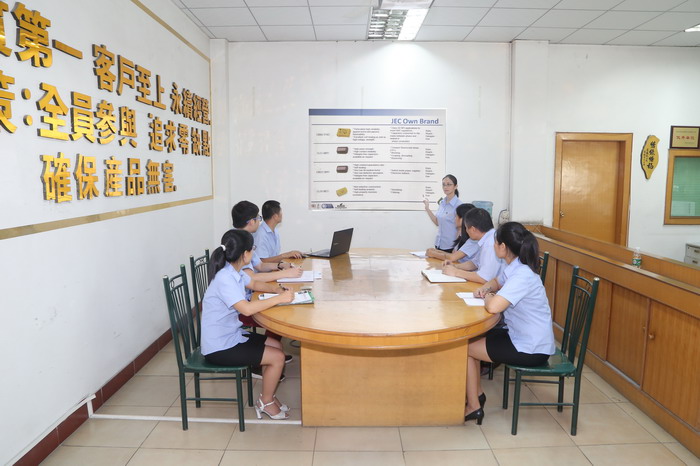
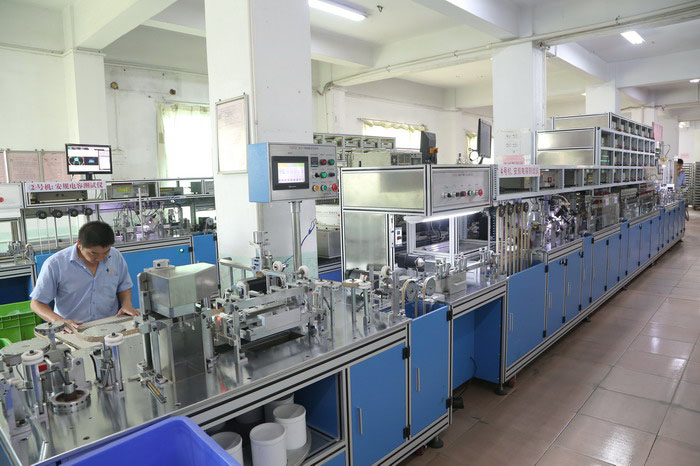
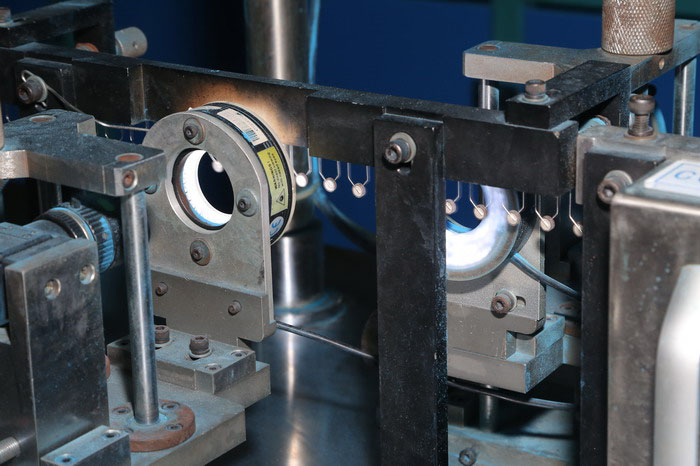
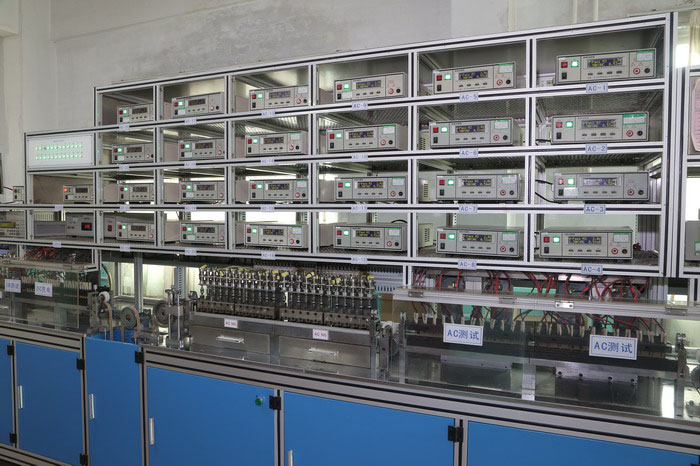
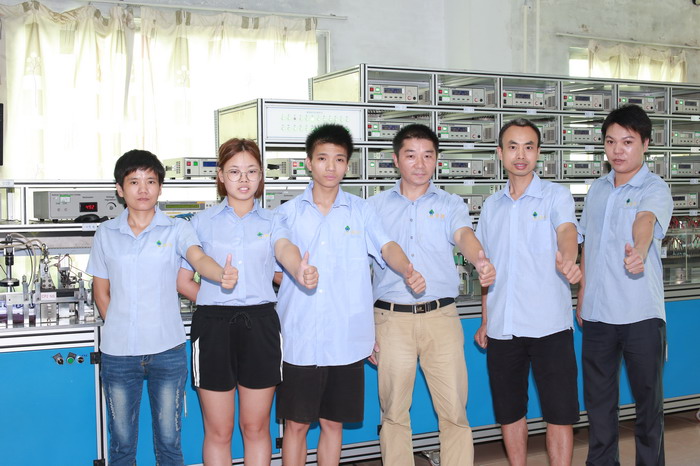
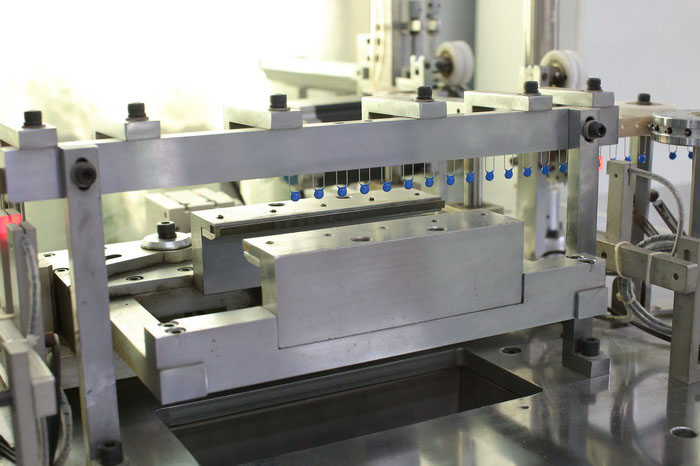
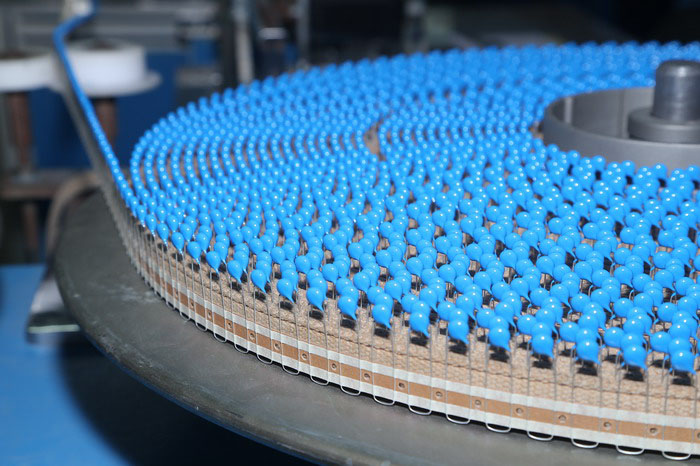
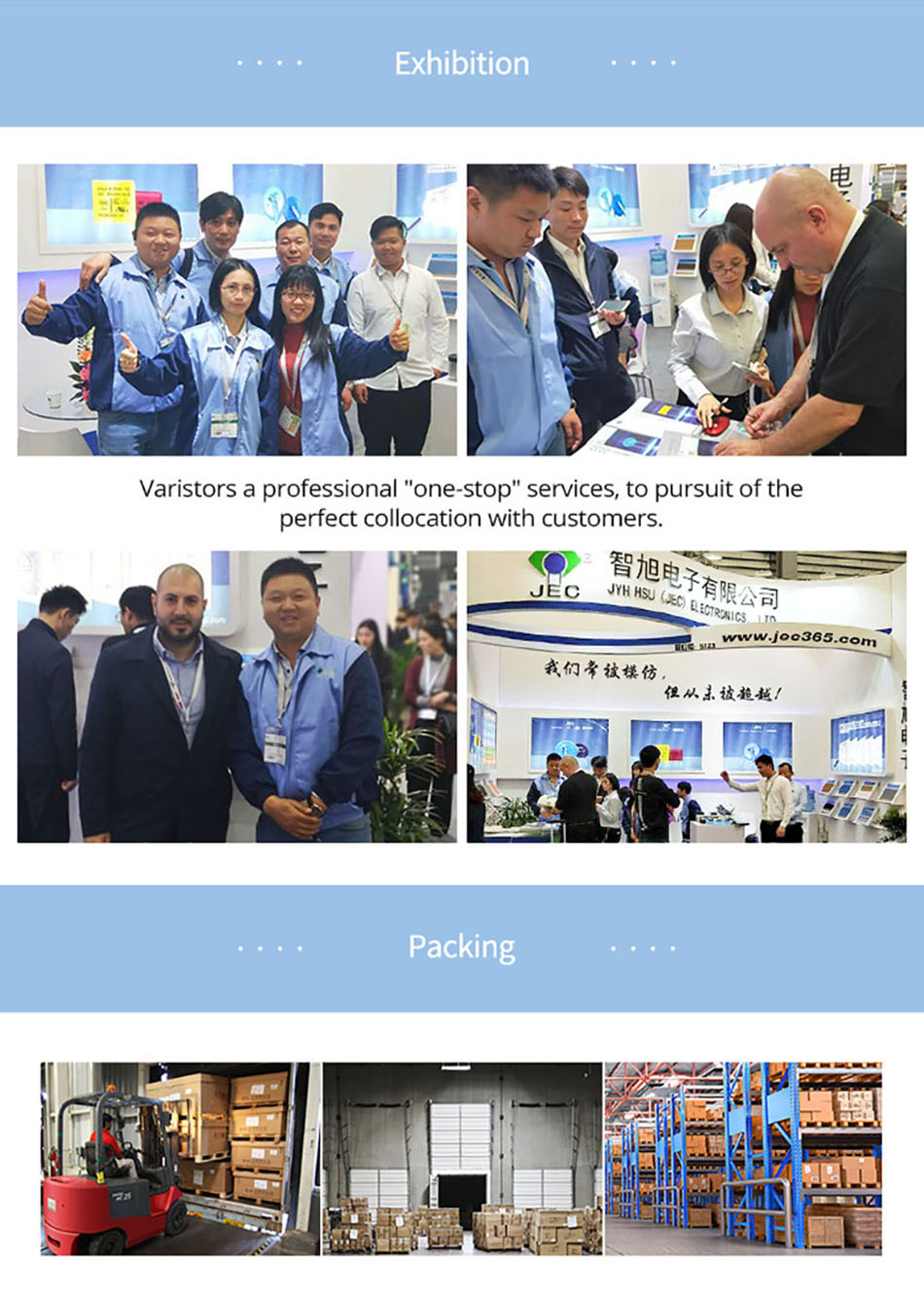
1. How to choose super capacitors and batteries?
Specific selection method: Supercapacitors are different from batteries. In some applications, they may be better than batteries. Sometimes combining the two, combining the power characteristics of the capacitor with the high energy storage of the battery, is a better way.
2. What are the characteristics of super capacitors and batteries respectively?
The super capacitor can be charged to any electricity level within its rated voltage range and can be completely discharged. The battery is limited by its own chemical reaction to work in a narrow voltage range, and it may cause permanent damage if over-discharged. Supercapacitors can store more energy than traditional capacitors of comparable volume, and batteries can store more energy than supercapacitors of comparable volume. In some applications where power determines the size of energy storage devices, supercapacitors are a better way. Supercapacitors can repeatedly transmit energy pulses without any adverse effects. On the contrary, if the battery repeatedly transmits high-power pulses, its life will be greatly reduced. Supercapacitors can be charged quickly but batteries can be damaged if they are charged quickly. Supercapacitors can be cycled hundreds of thousands of times, while battery life is only a few hundred cycles.
3. What is the life span of a supercapacitor?
The withstand voltage of supercapacitors is relatively low, usually only 2.5V, and the allowable surge voltage is 2.7V. Therefore, for a single supercapacitor, the maximum output voltage of the charger cannot exceed 2.7V. As long as the working voltage of the supercapacitor is at a safe voltage, the service life of supercapacitors can be very long, and the number of charging and discharging cycles can reach 100,000 to 500,000 times.
4. Can super capacitors be used in series?
Yes. Because the working voltage of supercapacitors is low, it is often necessary to use several supercapacitors in series to increase the working voltage. Due to the imbalance of supercapacitors, it is necessary to ensure that the charging voltage of any supercapacitor is not higher than 2.5V when used in series. The solution is to use a battery equalizer.
5. What are the features of supercapacitors compared with batteries?
Compared with batteries, super capacitors have the following characteristics:
a. Ultra-low series equivalent resistance (LOW ESR), power density (Power Density) is more than dozens of times that of lithium-ion batteries, suitable for high-current discharge (a 4.7F capacitor can release an instantaneous current of more than 18A).
b. Ultra-long life, charging and discharging cycles up to more than 500,000 times, which is 500 times that of Li-Ion batteries and 1,000 times that of Ni-MH and Ni-Cd batteries. If supercapacitors are charged and discharged 20 times a day, they can be used as long as 68 years.
c. They can be charged with a large current, the charging and discharging time is short. The requirements for the charging circuit are simple, and there is no memory effect.
d. Maintenance-free and can be sealed.
e. The temperature range is wide -40℃~+70℃, the general battery is -20℃~60℃.
f. Super capacitors can be connected in series and parallel to form a super capacitor module to increase the withstand voltage and capacitance.
6. What is the working principle of supercapacitors?
A super capacitor is a capacitor with a large capacitance. The capacitance of a capacitor depends on the distance between the electrodes and the surface area of the electrodes. In order to obtain a larger capacitance, the supercapacitor reduces the distance between the electrodes as much as possible and increases the surface area of the electrodes.
When the potential between the two plates is lower than the redox electrode potential of the electrolyte, the charge on the electrolyte interface will not leave the electrolyte, and the supercapacitor is in a normal working state; if the voltage across the capacitor exceeds the redox electrode potential of the electrolyte, the electrolyte will decompose, the super capacitor entering an abnormal state. As the supercapacitor discharges, the charge on the positive and negative plates is discharged by the external circuit, and the charge on the electrolyte interface decreases correspondingly. Unlike batteries that use chemical reactions, the charging and discharging process of supercapacitors is a physical process without chemical reactions. The materials used are safe and non-toxic.
If you want to know more about super capacitors, feel free to visit our web: www.jeccapacitor.com
7. Will supercapacitors replace lithium batteries in the future?
The so-called supercapacitor, also known as electrochemical capacitor, is an energy storage system that has become more and more popular in recent years. It can be thought of as a hybrid of ordinary capacitors and batteries, but different from the two. Just like batteries, supercapacitors also have positive and negative electrodes separated by electrolyte. However, unlike batteries, supercapacitors store energy in an electrostatic manner like a capacitor, rather than chemically storing energy like a battery. In addition, supercapacitors also have unparalleled advantages of lithium batteries, such as it can store a large amount of electricity in a small volume; long cycle life, which can be repeatedly charged and discharged hundreds of thousands of times; short charge and discharge time; ultra-low temperature Good characteristics; strong discharge capacity for large currents, etc.
In this way, supercapacitors are the best way to power electric vehicles. However, everything has advantages and disadvantages. It is still impossible for supercapacitors to replace lithium batteries, because the current production of supercapacitors is technically incomplete and the production cost is high. In addition, its energy density is low and cannot store more energy per unit volume. If pure electric vehicles switch to super capacitors, then the entire vehicle will have to be loaded with more volumetric super capacitors. Another point is that it is not resistant to high temperatures and cannot be placed in a humid environment, otherwise it will affect normal operation and even damage the battery.
If we look at its advantages, supercapacitors are definitely an alternative to new energy vehicle batteries. But its shortcomings also restrict its development in new energy vehicles.
If you want to purchase supercapacitors, Dongguan Zhixu Electronic Co., Ltd. (also JYH HSU(JEC)) is a foolproof choice for you. JEC factories are ISO-9000 and ISO-14001 certified. Our X2, Y1, Y2 capacitors and varistors are CQC (China), VDE (Germany), CUL (America/Canada), KC (South Korea), ENEC (EU) and CB (International Electrotechnical Commission) certified. All of our capacitors are in line with the EU ROHS directives and REACH regulations. Welcome to visit our official website: www.jeccapacitor.com
8. Can a super capacitor be used to charge a battery?
It is theoretically feasible, and there are still technical problems in making the capacitance of the capacitor particularly large. It is possible in theory, but it is not used in practice because the actual capacitance of the capacitor is usually smaller than its rated capacitance. The best way to charge the battery is constant voltage or constant current charging. Although pulse can shorten the charging time, it is easy to vulcanize the battery and shorten the battery life.

